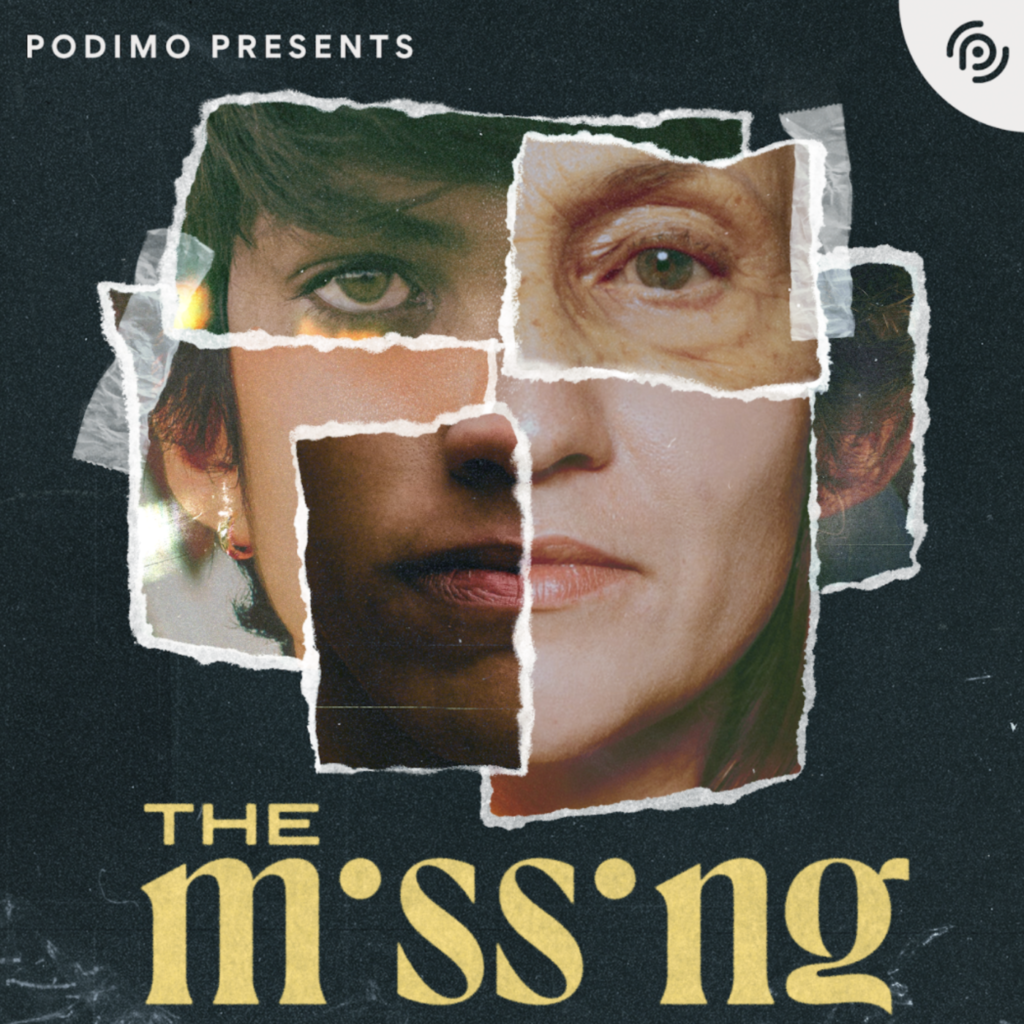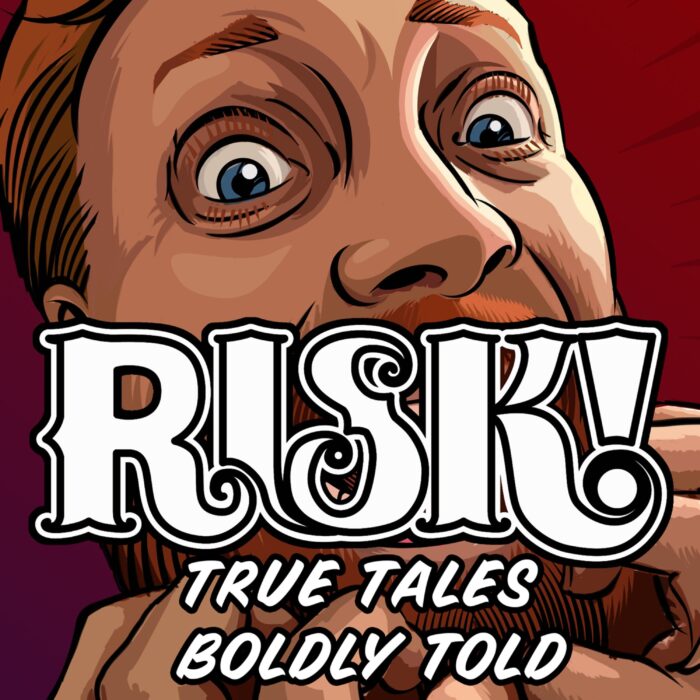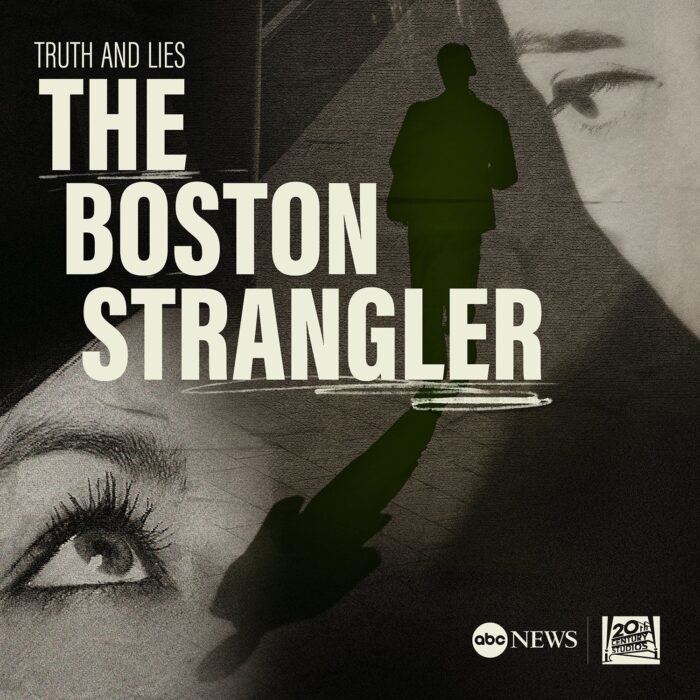Don’t miss the Season 3 premier of ‘The Missing,’ a podcast asking for listeners’ help in long-term missing persons cases

“The Missing” reappeared with its third season on Friday, January 14th. The groundbreaking podcast, first released at the end of 2020, took a new angle in regards to missing persons cases in the United Kingdom: calling on listeners of this podcast and dipping into the true crime fandom for any knowledge they may have in regards to these long-term missing people.
There are 20 episodes before this season opener, each about a half hour in length. Hosted by journalist Pandora Sykes, every episode is a new case, filled with original interviews from family and friends of the missing, providing details that they think may help aid in the search for their loved ones. It’s poignant, shocking, but shining with a glimmer of hope that these people may one day be found.
“The Missing” isn’t about rehashing old stories or opening old wounds. Instead, every single case is believed to still be solvable. This Amazon Music podcast was created with help from the charity Missing People and investigation specialists Locate International. Regardless of the length of time that has passed, these two organizations believe that these missing people can be found.
“The Missing” tells us that in Britain alone, a person is declared missing every 90 seconds. While the vast majority of these people are found safe, 1% of cases remain unsolved a year later. That is what “The Missing” is about: the 1% who may still be out there, whose families are looking for any sort of closure. It’s tapping into the true crime podcast community in hopes that someone out there knows something that could help solve even one of these cases.
The opening episode of the third season focuses in on the case of Luke Durbin, who vanished on May 12, 2006 at just 19 years old. His mother, Nicki, describes her loving son, whose time at university proved to be a struggle. He left his college in Colchester, where he was studying music technology, after one year, returning home to his little town of Hollesley, Suffolk.
The night he disappeared, many out-of-character occurrences began. Luke had always been communicative with his mother and sister, but on the night of May 11, 2006, he had gone out with friends in Ipswich, Suffolk, leaving his phone, his motorbike, and other personal belongings at a friend’s house. At the Zest nightclub, he became separated from his friends, who called a taxi home without him. Luke was never seen by his friends or family again.
Just one day later, his sister told his mother to call the police, as Luke’s friends had said he hadn’t returned home with him nor was he at work. She did, and the search began. They first swept the river in Ipswich, where missing bodies usually end up, and found nothing.
There, they turned to CCTV footage, where Luke could be seen trying to get a taxi back home, but had no money as he had paid for the taxi to the club. When his friends had left Zest that night, Luke was still inside; proven by CCTV footage of Luke stepping out of the club around 2 AM. The CCTV cameras captured him until 4 AM, when he was walking in the direction of the bus station before he vanished. Their top lead that has run cold in the past 16 years is footage of a Volvo with false number plates following behind Luke that night.
“The Missing” is different from many other true crime podcasts, not focusing on the most infamous cases of all time, but solvable cases of ordinary people who vanished into thin air. It’s a sympathetic and hopeful search for answers, despite it’s dark nature. The entirety of season three of “The Missing” can be listened to on Amazon Music, while episodes will drop weekly on other listening platforms.







